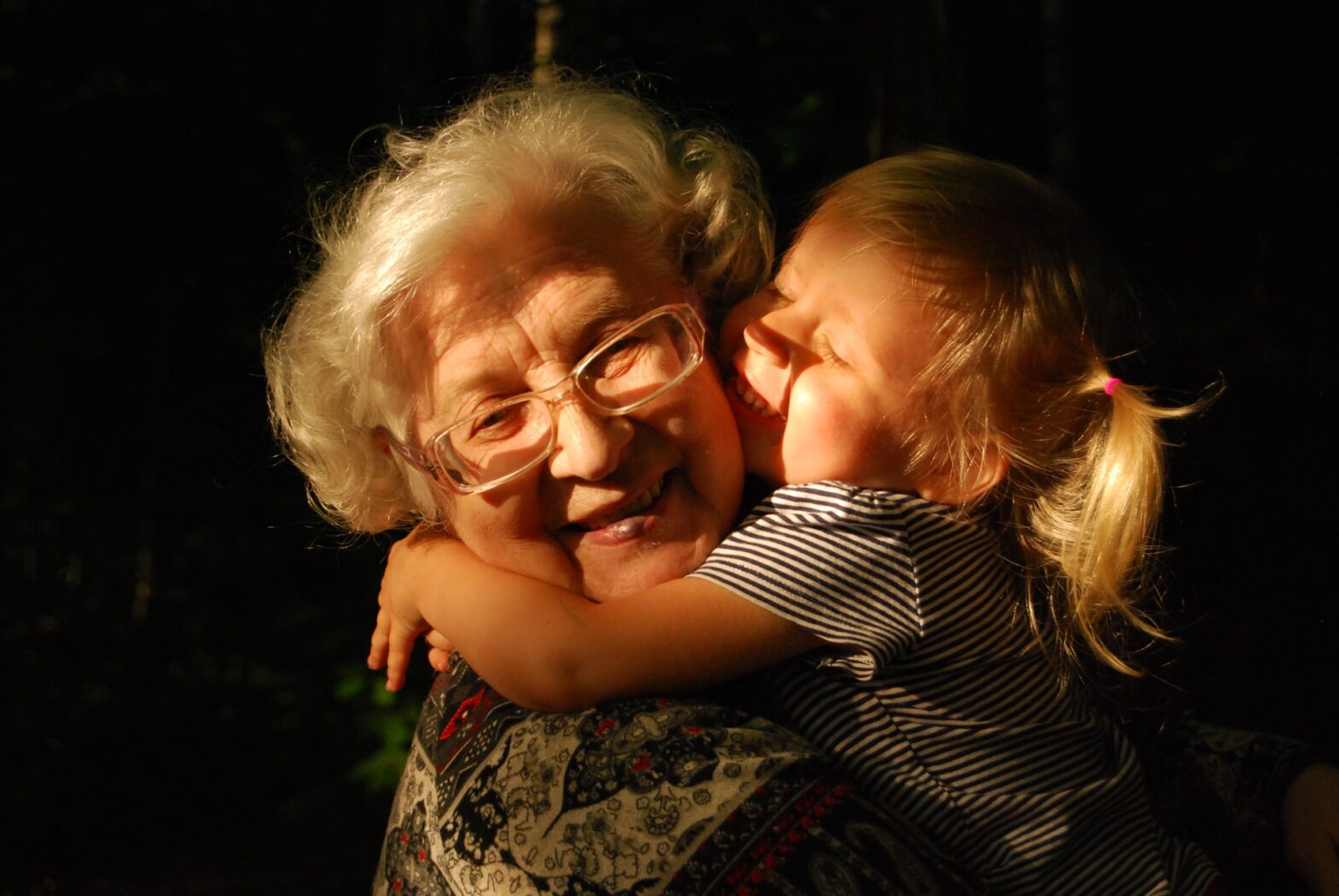
Grow Up, Not Old
By Galen Lastko,
Photo by Ekaterina Shakharova on Unsplash
This is the first in a two-part series looking at the effects of aging on our health, and the lives and well-being of seniors in our community.
Death and taxes aren’t the only certainties in life: there’s also getting old. Unless you’re a bacteria, or a perennial plant, or one of those rare animals capable of biological immortality, your health and well-being will always march hand in hand with the passage of time. While the nature of aging remains mysterious at best, the consequences are quite apparent, even for bushy-tailed yahoos like myself.
Aging usually begins to have serious impacts on humans after around thirty years
Aging usually begins to have serious impacts on humans after around thirty years, although some effects even begin to occur while we’re still growing up. Nearly all of the body’s systems are impacted by aging, and depending on the genetic hand you were dealt, your results may vary. Some of us age faster or slower than others, or in different ways, but the basics stay pretty much the same. Our reaction time is reduced. We lose hair and the pigment in whatever hair decides to remain. Our skin weathers from exposure, wrinkling, and drying out. Our joints, circulation, metabolism, and mental acuity stiffens and slows down, and this makes it easier for other factors, internal and external to affect our health, and the effects are cumulative.
Science of aging
You can blame sex for this. In the early days of life on Earth, our single-celled and distant ancestors multiplied by fission, splitting cleanly into two new versions of themselves when they got lonely. They were (and are) effectively immortal. Fungi and animals, however, began to develop over a billion years ago in what was our planet’s very first sexual revolution. 320 million years ago, even plants started loosening up and getting adventurous. Sexual reproduction is much less efficient than asexual reproduction (since not every organism will necessarily find a mate), but because of their mixed genetic material, organisms that engage in sexual reproduction are better at evolving past nasty mutations and are quite arguably better at evolving, period. However, sexual reproduction necessitates aging. Insert an off-color joke of your choice here.
Organisms that engage in sexual reproduction are better at evolving past mutations and are better at evolving
Speculative science posits a future where aging, like smallpox or polio, has become an artifact or curiosity from an earlier time. In theory, the more we understand the biological process of life, the more we suppose we might have a shot at thumbing our immortal nose at the ever after. In fact, being descended as we are from an immortal bacterium, it might be fair to consider the idea that aging itself is a deviation from the living norm, and that we might be simply returning to our roots should we shrug it off.
All borderline science fiction aside, for now, we’re all getting old. But don’t forget, we come from Earth. This is not our first rodeo. This is the planet that invented malaria and tyrannosaurs and paper cuts and we’re not about to let a couple of years get us down. Similar to other aspects of our health, preventative medicine and a healthy lifestyle can make aging a dramatically less severe experience. Since nearly all aspects of our health apply in the context of our own longevity, much of the wisdom regarding aging returns to the most basic tenants of health for humans of any age.
Staying youthful
Simply put, you must continue as best you can to live youthful, engaged lives while being decent to our less youthful bodies. Physical and mental exercise, a healthy and fibrous diet, and the mitigation of unhealthy habits such as smoking and excessive drinking or drug use can reduce impacts across the board: your cardiovascular system, urinary tract, digestive system, bones and joints, and memory all benefit from good old moderation. Staying engaged with one’s mind and one’s peers also keeps depression and dementia at bay. Sleep habits play a significant role in limiting the impacts of daily life, and proper sleep forms a good foundation for almost any aspect of our health.
Eventually and inevitably, we’re all likely to end up needing some help. We come into this world reliant on the kindness of others, and in many cases, that’s how we’re going out of it. As strong as we keep ourselves, and as healthy as we might be, our final years on the planet will likely leave us needing a hand from time to time. Many elders will continue to live independently or move in with family for support, but an estimated one million seniors in America live in some sort of assisted living situation. Next time, we’ll take a detailed look at assisted living facilities in our area and share the experiences and stories of some residents.
Galen Lastko, submitted on behalf of the SoHum Health’s Outreach department.
Related: Mental Health, SoHum Health, Wellness